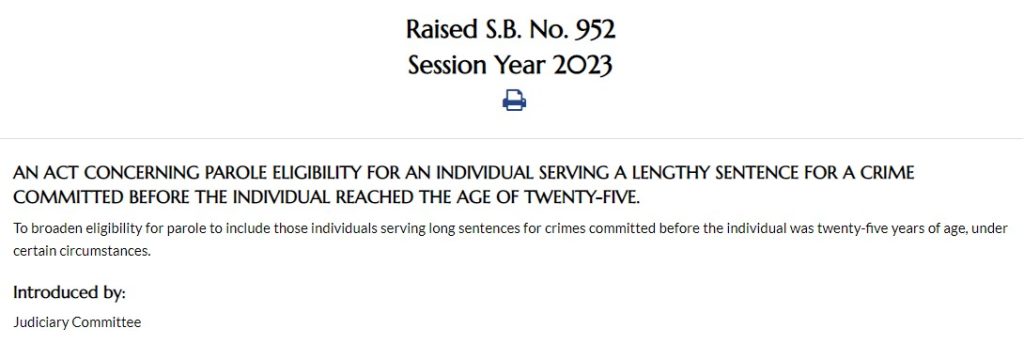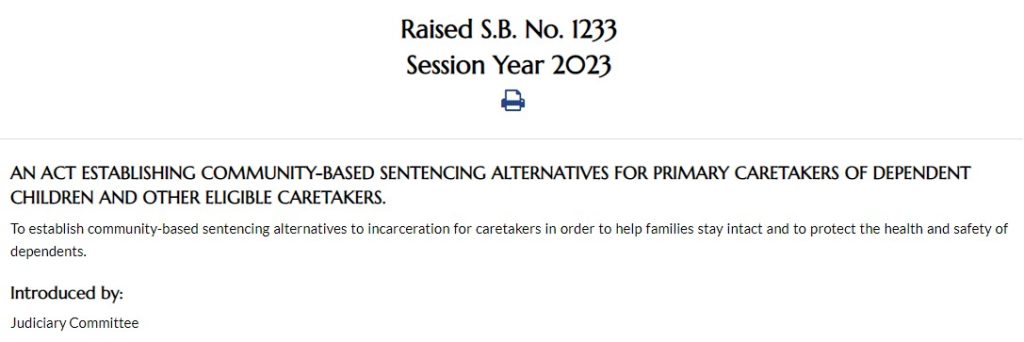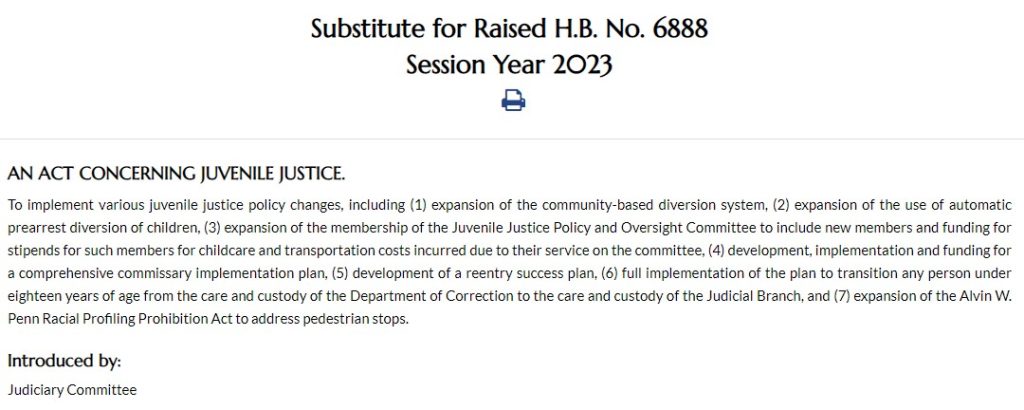Its extremely troublesome to continue to read news story after news story about residents all across our state being victimized by lawless individuals who have absolutely no fear or concern for getting caught.
Just recently, a Rocky Hill resident interrupted an attempted car jacking in his driveway in broad daylight. There were 16 reported break-ins in Wethersfield over this past weekend alone. A juvenile was arrested for a string of purse thefts in Wallingford, along with a string of “smash & grabs” happening in Southington, South Windsor, Rocky Hill and two men have recently been arrested in Fairfield for their part in a recent carjacking, and most recently, homes in Greenwich are being broken into as well.
These are just a few recent examples to the types of crimes happening in towns and cities all across our state. This brazen behavior has been permitted to spiral out of control due to the failures of the legislative body to enact policies that hold the individuals who commit these crimes accountable for their actions.
All the while, instead of ensuring public safety remains at the forefront of policy decisions made by the legislature, my colleagues on the other side of the aisle continue to introduce bills with a central focus on less accountability and more on absolving responsibility.
A few examples of those bills put forth this session include:
______________________________________________________________________________________________________

SB-952, AN ACT CONCERNING PAROLE ELIGIBILITY FOR AN INDIVIDUAL SERVING A LENGTHY SENTENCE FOR A CRIME COMMITTED BEFORE THE INDIVIDUAL REACHED THE AGE OF TWENTY-FIVE.
This proposal would permit individuals who committed a crime before the age of 24 and received a sentence greater than 10 years to be available for parole by increasing the current threshold from 18 to 25.
The Chief States Attorney submitted testimony in opposition to this bill. In his testimony he states, “Increasing the age of eligible offenders to include non-adolescents up to the age of twenty-five at the time the offense was committed, is neither constitutionally required, nor apparently based on any credible and compelling scientific or psychological evidence.”
______________________________________________________________________________________________________

SB-1195, AN ACT ESTABLISHING SECONDARY TRAFFIC VIOLATIONS
This bill proposal creates a new classification of motor vehicle infractions called “secondary violations” and prohibits law enforcement officers from stopping drivers for any infraction related to this new classification. Secondary violations include faulty headlights/taillights, license plate and seatbelt infractions, tinted windows, expired registrations and more.
The Police Chiefs Association submitted testimony in opposition to this bill. In their testimony, they state “we are concerned that the establishment of a tiered primary and secondary offense system and the removal of certain motor vehicle equipment violations will make our roads less safe.”
______________________________________________________________________________________________________

SB-1233, AN ACT ESTABLISHING COMMUNITY-BASED SENTENCING ALTERNATIVES FOR PRIMARY CARETAKERS OF DEPENDENT CHILDREN AND OTHER ELIGIBLE CARETAKERS
This proposal would require the Judicial branch to establish a community-based sentencing alternative to incarceration for an individual who is a primary caretaker of a child, who is pregnant, or who is the spouse of a primary caretaker of a child.
The Chief States Attorney and State Victim Advocate each submitted testimony in opposition to this bill.
______________________________________________________________________________________________________

HB-6888, AN ACT CONCERNING JUVENILE JUSTICE
This proposal would reconstitute the Juvenile Justice Policy and Oversight Committee and expands the scope of their duties by creating three new subcommittees: Education, Incarceration, and Community Expertise.
It would require law enforcement officers to refer minors who are arrested on trespass, larceny 5th, Breach of Peace 2nd, and disorderly conduct to a jail diversionary program.
It also creates an implementation team to develop an automatic prearrest diversionary program and requires the Judicial Branch to begin the full and final transition of all children from the care and custody of the DOC into the care and custody of the Judicial Branch.
______________________________________________________________________________________________________
Whether or not any or all of these bills pass this session remains to be seen, but residents who are concerned with the policies being pushed out of the legislature should take note that the sentiment to not hold individuals accountable doesn’t seem to be going away anytime soon. These policies if passed, would only exacerbate an already growing problem.




